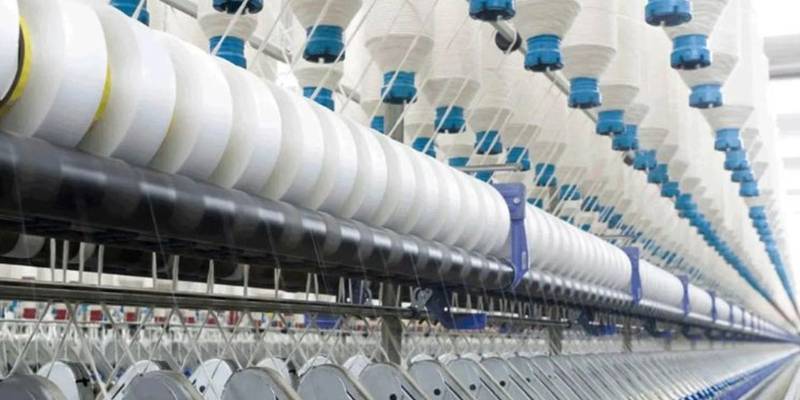In an alarming development, textile mill owners in Bangladesh are being compelled to sell their factories due to persistent gas shortages and unstable exchange rates. The escalating losses arising from dwindling production have pushed numerous millers into distress, prompting them to seek buyers for their establishments.
According to Mohammad Ali Khokon, the president of the Bangladesh Textile Mills Association (BTMA), spinning, dyeing, weaving, finishing, and printing mill owners are actively pursuing the sale of their businesses.
He revealed that representatives from ten mills have already approached the president to initiate the sale, albeit anonymously due to existing bank loans.
Key factors contributing to this distress include the ongoing gas crisis, volatile exchange rates, surging bank interest rates, and rising production costs.
These challenges have particularly affected small and medium-sized enterprises within the textile sector, forcing them to contemplate exiting the industry in order to maintain competitiveness.
The timing couldn’t be worse for the primary textile industry, which is already grappling with decreased demand for garment items in western markets due to inflationary pressures. Despite being the second-largest globally and a vital source of foreign exchange for Bangladesh, the sector experienced a lack of investments last year.
The gas crisis, which has been plaguing the industry for several years, has worsened in recent months. The mills are now experiencing severely reduced gas pressure, averaging between zero and 2 PSI, severely limiting their operational capacity to around 40 percent.
This distressing trend poses a significant challenge to Bangladesh’s textile industry, as these factories play a crucial role in the nation’s economy. Efforts must be made to address the gas crisis and provide support to struggling mill owners to prevent further damage to this vital sector.

